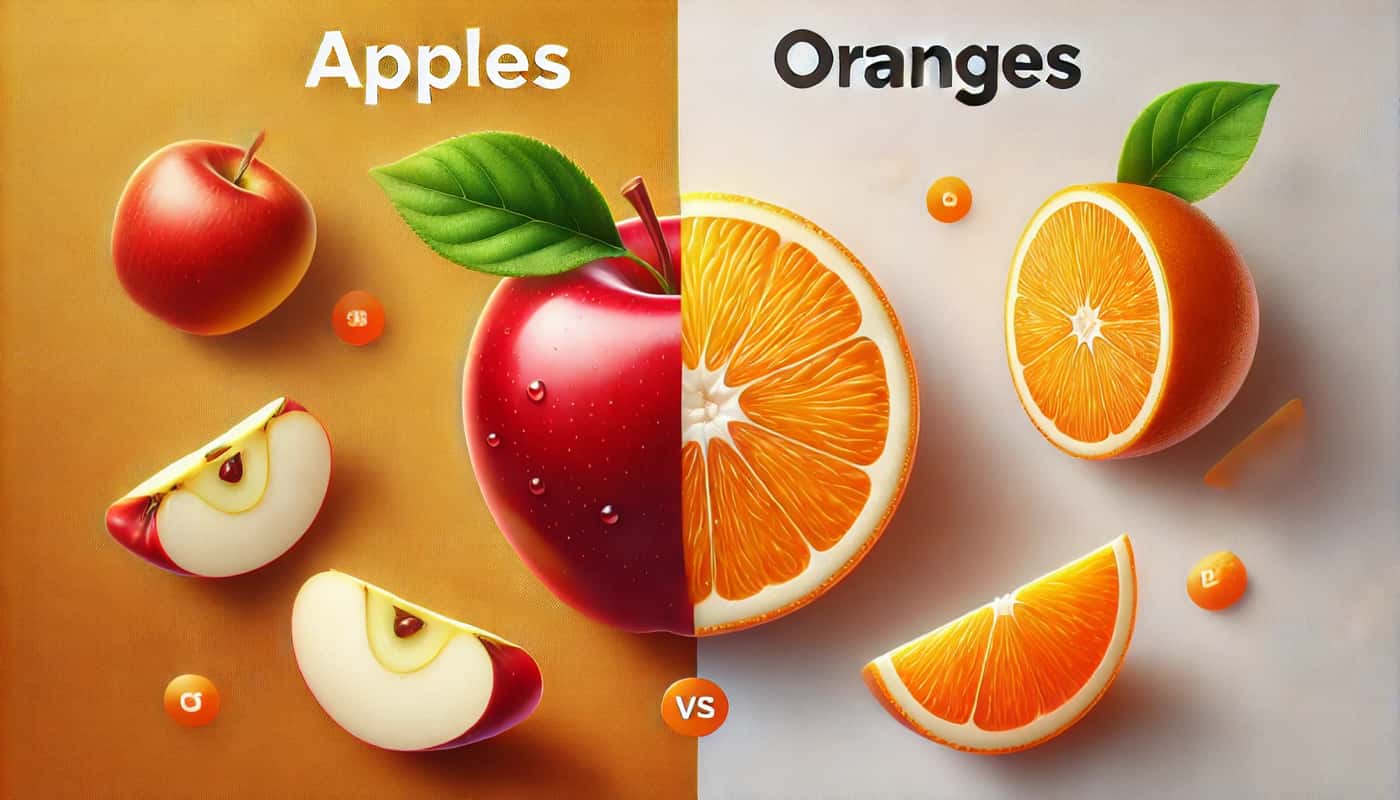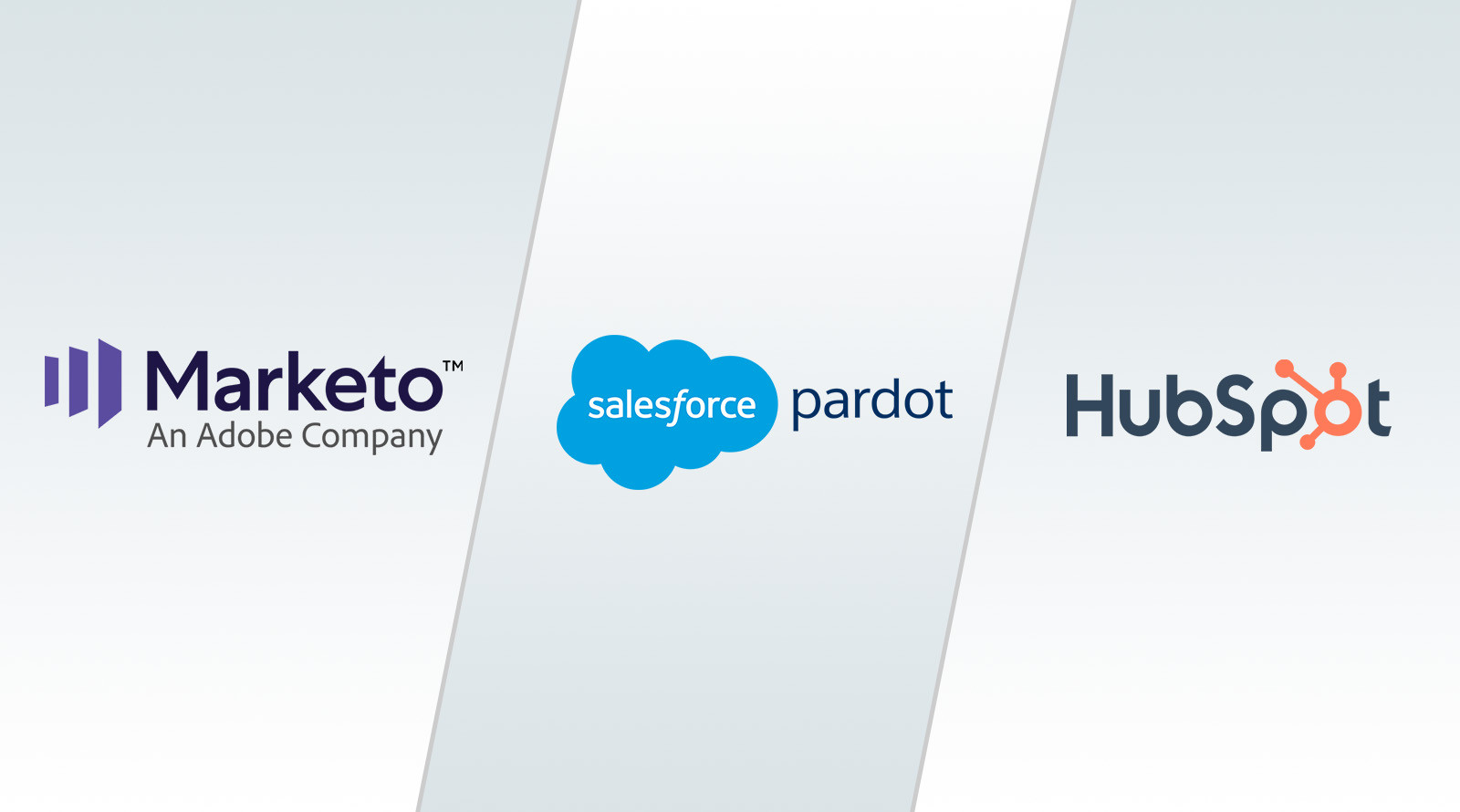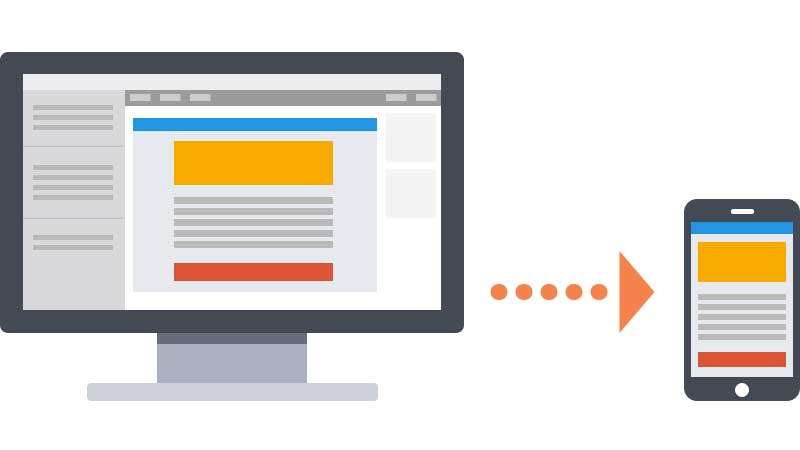Pardot vs. Marketing Cloud: Which Salesforce Tool Fits Your Needs?
When it comes to Salesforce’s marketing solutions, two standout tools often come up: Pardot (now called Marketing Cloud Account Engagement) and Marketing Cloud. While they share some similarities, each serves different purposes and caters to unique business needs. Here’s a clear comparison to help you decide which one is right for you.
What is Pardot?
Pardot is a B2B marketing automation platform designed for businesses with longer sales cycles. It focuses on nurturing leads and aligning closely with your sales team.
Best For: Businesses targeting other businesses (B2B), particularly those with complex sales processes involving multiple decision-makers.
Core Features:
- Email campaigns to nurture leads.
- Lead scoring and tracking to prioritize prospects.
- Seamless integration with Salesforce CRM.
Ease of Use: User-friendly, making it approachable for marketing teams without extensive technical expertise.
Cost: Plans start at $1,250/month for up to 10,000 contacts. Pricing increases with more advanced features.
What is Marketing Cloud?
Marketing Cloud is designed for companies aiming to engage customers across various digital channels. It’s perfect for businesses that need to deliver personalized, real-time interactions, often in a B2C environment.
Best For: Consumer-focused (B2C) companies managing transactional sales and multi-channel campaigns.
Core Features:
- Multi-channel campaign management (email, social media, SMS, and more).
- Real-time customer engagement.
- Advanced analytics and AI-driven personalization.
Complexity: Offers deep functionality, but it often requires experienced teams to fully leverage its capabilities.
Cost: Pricing starts at $400/month but varies widely depending on the tools and customizations needed.
Which Tool is Right for You?
The choice between Pardot and Marketing Cloud depends on your business model and marketing objectives. Here’s a quick guide to help you decide:
Go with Pardot if:
- You’re in B2B and prioritize lead nurturing and long-term relationships.
- Your sales and marketing teams need a tightly integrated CRM platform.
- You want something intuitive and easy to implement.
Go with Marketing Cloud if:
- You’re in B2C and engage customers across multiple channels like social media, email, and SMS.
- Real-time, personalized customer engagement is your priority.
- You have the technical expertise (or resources) to manage a more advanced tool.
What About Using Both?
Some businesses find value in combining Pardot and Marketing Cloud, leveraging Pardot’s lead nurturing with Marketing Cloud’s multi-channel engagement. However, this approach requires a thoughtful strategy and sufficient resources to manage both systems effectively.
Final Thoughts
Both Pardot and Marketing Cloud are powerful platforms, but they serve different purposes. Aligning your choice with your business goals will help you get the most out of these tools. Whether you’re nurturing B2B leads or engaging a broad consumer audience, Salesforce offers a solution to fit your needs.






